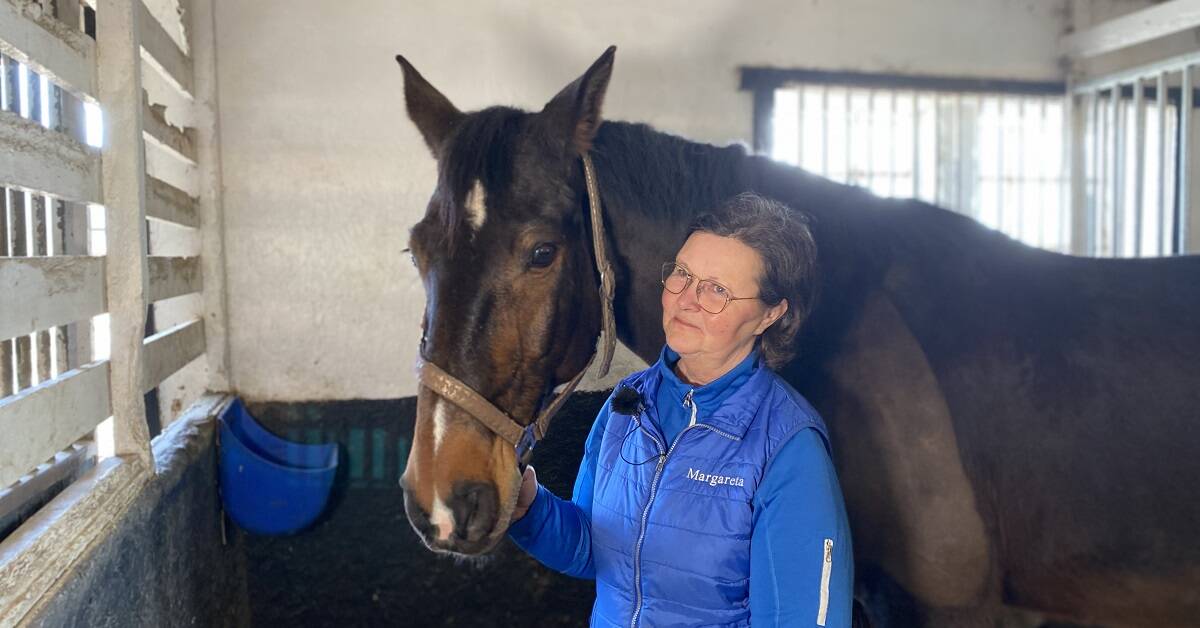When new students come to the riding schools, the riding instructor usually asks for weight and height in addition to experience, to adapt the riding lesson and the choice of horse to its ability to carry capacity.
When it comes to well-balanced riders with good body control, weight has less impact on the horse. But a larger and heavier beginner with poorer balance has a greater impact on the horse and its well-being.
"The most important thing is animal welfare"
"It is the animals that we have the greatest responsibility for. Even if we then try to make a good education, it is animal welfare that is absolutely paramount. It is up to us to ensure that we have horses that suit the rider, says Margareta Forsberg, who is a riding instructor in Motala.
At Stall Nyckelby in Motala there is no pronounced maximum weight, but the students themselves are not allowed to choose a horse. The riding school has 150 students and there are about 20 horses. In addition to training for horses, the riding school in Motala works a lot with the riders' diet and suspended gymnastics to increase the welfare of both the horse and the rider.
Talking about dietary issues
But the issue is a sensitive one.
"Yes, it is. We discuss it from the perspective of talking about dietary issues. When we have team meetings with competition riders, we often discuss breakfasts, what you bring to a competition, so we get a good diet. It's also about us moving more than just riding, so you have better fitness and are agile. This makes us more pleasant for the horse to carry," says Margareta Forsberg.

